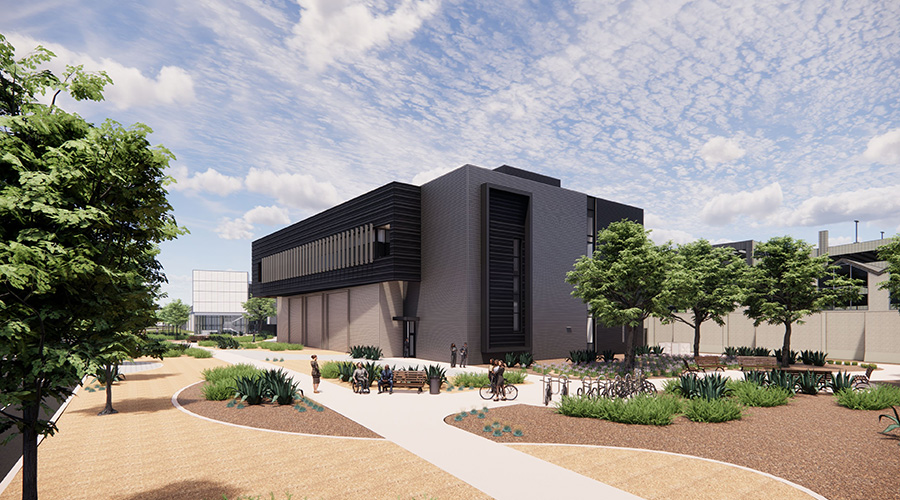On September 8th, the Centers for Medicare and Medicaid Services made emergency preparedness a condition of participation in the Medicare/Medicaid program.
These new regulations represent a opportunity for the well-established healthcare coalition to enhance its influence and even its outlook as a sustainable business model, according to an article on the Healthcare Ready website.
The most important aspect of the new regulation is that it is inclusive of several healthcare facility types for whom emergency preparedness has not been a requirement in the past, the article said. Previously, home health, hospice, long-term care and others have had little EP regulation. Many of these provider types are not even aware that the rule has been released.
Healthcare coalitions assist healthcare interests to prepare for and respond to medical surge and threats to continuity of operations. They are therefore uniquely positioned to assist these groups in their compliance efforts.

 Grounding Healthcare Spaces in Hospitality Principles
Grounding Healthcare Spaces in Hospitality Principles UC Davis Health Selects Rudolph and Sletten for Central Utility Plant Expansion
UC Davis Health Selects Rudolph and Sletten for Central Utility Plant Expansion Cape Cod Healthcare Opens Upper 2 Floors of Edwin Barbey Patient Care Pavilion
Cape Cod Healthcare Opens Upper 2 Floors of Edwin Barbey Patient Care Pavilion Building Sustainable Healthcare for an Aging Population
Building Sustainable Healthcare for an Aging Population Froedtert ThedaCare Announces Opening of ThedaCare Medical Center-Oshkosh
Froedtert ThedaCare Announces Opening of ThedaCare Medical Center-Oshkosh